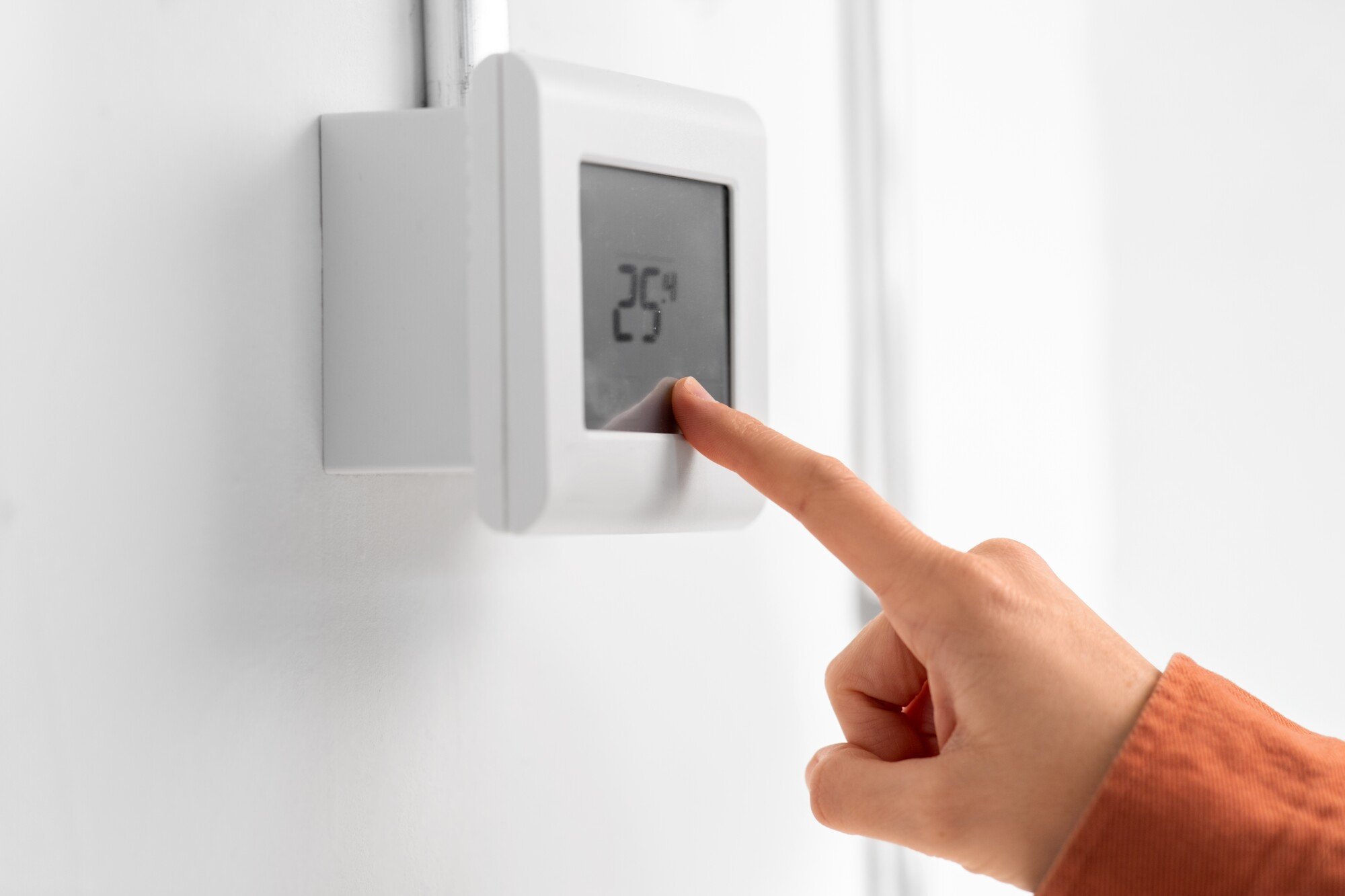
Understanding HVAC System Efficiency: A Tech Guide
Have you ever wondered why your energy bills are so high? Your HVAC system might be the reason. Heating, ventilation, and air conditioning (HVAC) systems control the temperature and air quality in your home or office. If they are not efficient, they use more energy than necessary. This can lead to higher costs and a shorter system lifespan.
Understanding how HVAC system efficiency works can save you money and keep your system running longer. Let’s explore the key factors that affect HVAC efficiency.
What is HVAC Efficiency?
HVAC efficiency refers to how well your system uses energy to heat or cool a space. A more efficient system does the same job while using less power.
Efficiency is measured using ratings like SEER (Seasonal Energy Efficiency Ratio) for cooling and AFUE (Annual Fuel Utilization Efficiency) for heating. The higher the rating, the better the efficiency. Choosing an efficient system helps reduce energy costs and minimizes environmental impact.
Factors That Affect HVAC Efficiency
Several factors can impact how well an HVAC system operates. One of the biggest is regular maintenance. Dirty filters, clogged ducts, and worn-out parts reduce efficiency. Another factor is insulation. Poor insulation makes heating and cooling harder, forcing the system to work longer.
The size of the unit also matters. A system that is too big or too small will waste energy. Proper installation and smart thermostats can also improve efficiency.
The Importance of Regular Maintenance
Regular maintenance keeps your HVAC system running smoothly. Simple tasks like changing air filters every few months can make a big difference. A professional tune-up ensures all parts are working correctly. This can help prevent breakdowns and extend the life of your unit.
For instance, many homeowners rely on HVAC services in Michigan to perform seasonal check-ups. A well-maintained system operates more efficiently, saving money on repairs and energy bills over time.
Upgrading to Energy-Efficient Systems
Older HVAC units tend to use more energy. Upgrading to an energy-efficient model can significantly lower energy use. Modern systems come with smart technology, like programmable thermostats and variable-speed motors.
These features help adjust temperature settings based on your needs. Energy-efficient systems may also qualify for rebates or tax incentives. When replacing an old unit, choosing the right size and model for your home ensures maximum efficiency.
Smart Ways to Improve HVAC Efficiency
There are many ways to boost HVAC efficiency without replacing the entire system. Using ceiling fans helps distribute air evenly, reducing strain on the HVAC unit. Sealing leaks around windows and doors keep conditioned air inside.
Setting your thermostat to an optimal temperature prevents unnecessary energy use. Another smart solution is zoning systems, which allow you to control temperatures in different areas separately. Small changes like these can lead to significant energy savings.
Optimize Your HVAC System Efficiency Today
Understanding HVAC system efficiency is essential for saving money and keeping your system running well. Regular maintenance, upgrading old units, and using smart energy practices all contribute to better efficiency. A well-functioning HVAC system improves comfort and reduces energy waste.
Whether at home or in a business, taking steps to improve efficiency pays off in the long run. By making informed choices, you can enjoy a reliable system with lower costs and a longer lifespan.
Want to learn more? Check out our other articles for more tips on home improvement, energy savings, and technology updates!








